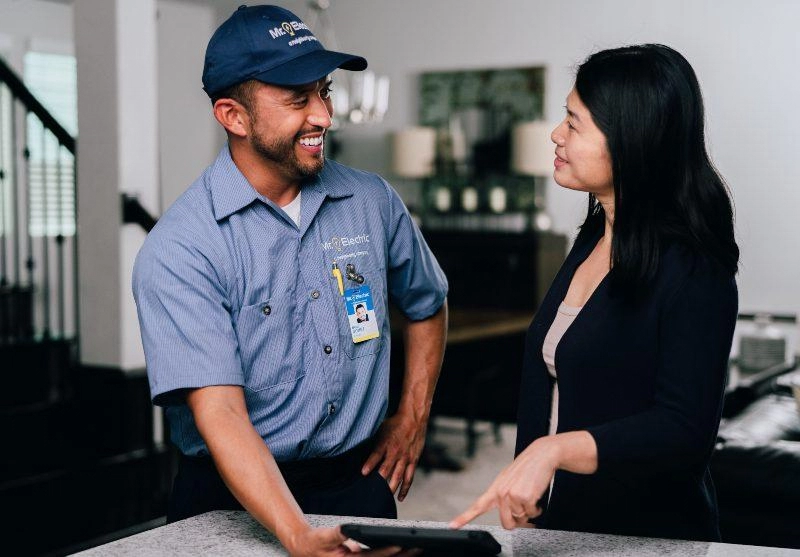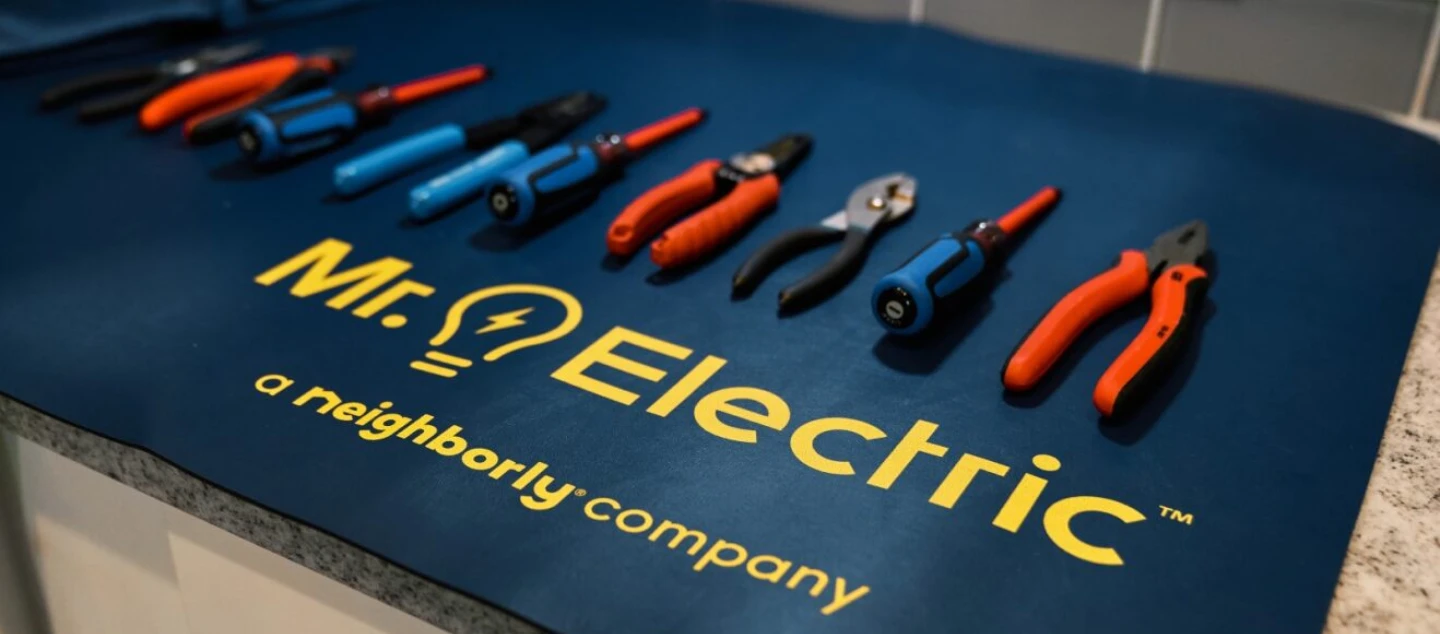According to The Journal of the American Medical Association, 2,100 Americans die annually in the United States from unintentional carbon monoxide (CO) poisoning. Carbon monoxide poisoning has actually grown to be our nation’s leading poisoning deaths cause. Carbon monoxide has no color, odor, or taste, so this killer is undetectable if you don’t have a carbon monoxide detector. However, you can easily prevent carbon monoxide poisoning if your home has a carbon monoxide detector. Furthermore, homeowners are required by law to place smoke detectors in their homes, no matter what home type they have. Having Mr. Electric of Lansing perform a carbon monoxide and smoke detector installation at your Lansing or East Lancing, MI property can help you successfully safeguard your loved ones against domestic disasters.

What Are the Sources of Carbon Monoxide?
Various household appliances can produce carbon monoxide in your home, such as wood or gas fireplaces, water heaters, gas ranges or stoves, gas clothes dryers, and furnaces. Fuel-burning space heaters, car exhaust, and gas or charcoal grills are other CO-producing sources. Using these features and appliances when they have venting malfunctions or in poorly ventilated areas can cause rapid carbon monoxide buildup. A clogged chimney or closed woodstove flue can also cause carbon monoxide to back up into your home. Mr. Electric of Lansing makes safety our top priority. You can prevent CO poisoning at home by following our recommended ways:
- Place at least one CO detector per level in your home and outside each bedroom.
- Change the batteries in your CO detectors every six to 12 months.
- Never start and run any device with a fuel-fed motor, such as a vehicle or generator, inside your home or garage.
- Always turn off your vehicle while it’s parked inside your garage.
- Look for the seal of approval from the American Gas Association or Underwriters’ Laboratories (UL) whenever you purchase a gas appliance or equipment.
- Have a licensed appliance professional perform an annual gas appliance inspection.
- Never use flameless chemical heaters in enclosed spaces or indoors.
- Always have a service expert repair any malfunctioning gas appliance.
- Always open your fireplace or furnace flue when burning a fire.
- Never use a gas oven to heat your home.
- Always run grills in a well-ventilated outdoor area.
- Use battery-operated heaters whenever you go camping.
- Adjust all gas appliances properly and use an exhaust fan whenever it’s appropriate.
- Understand the unique sounds your smoke detectors and CO detectors make (each differs from the other).
- Contact your local fire department if you can’t afford to buy and install a CO detector. This public service provider has programs in place to help the elderly and low-income households acquire these devices.

